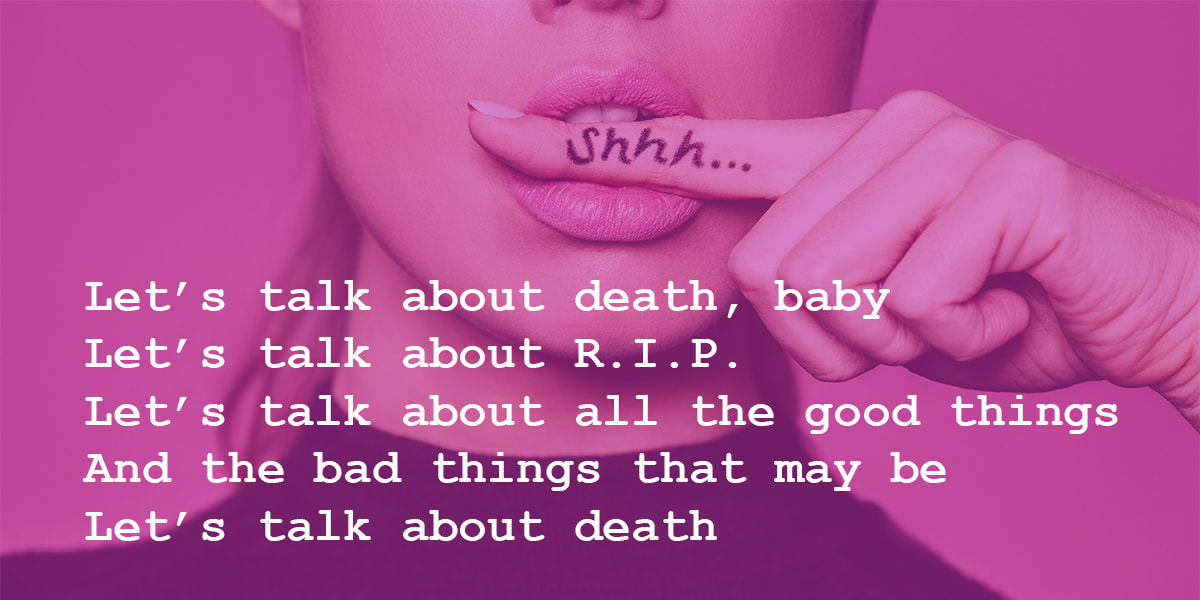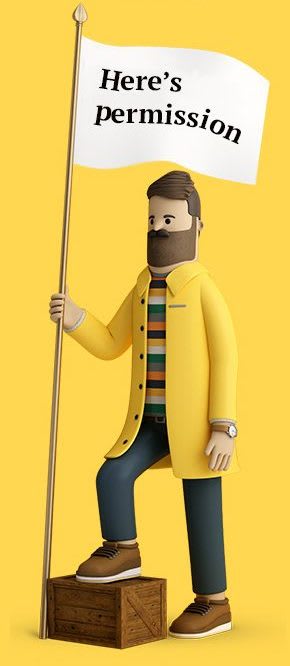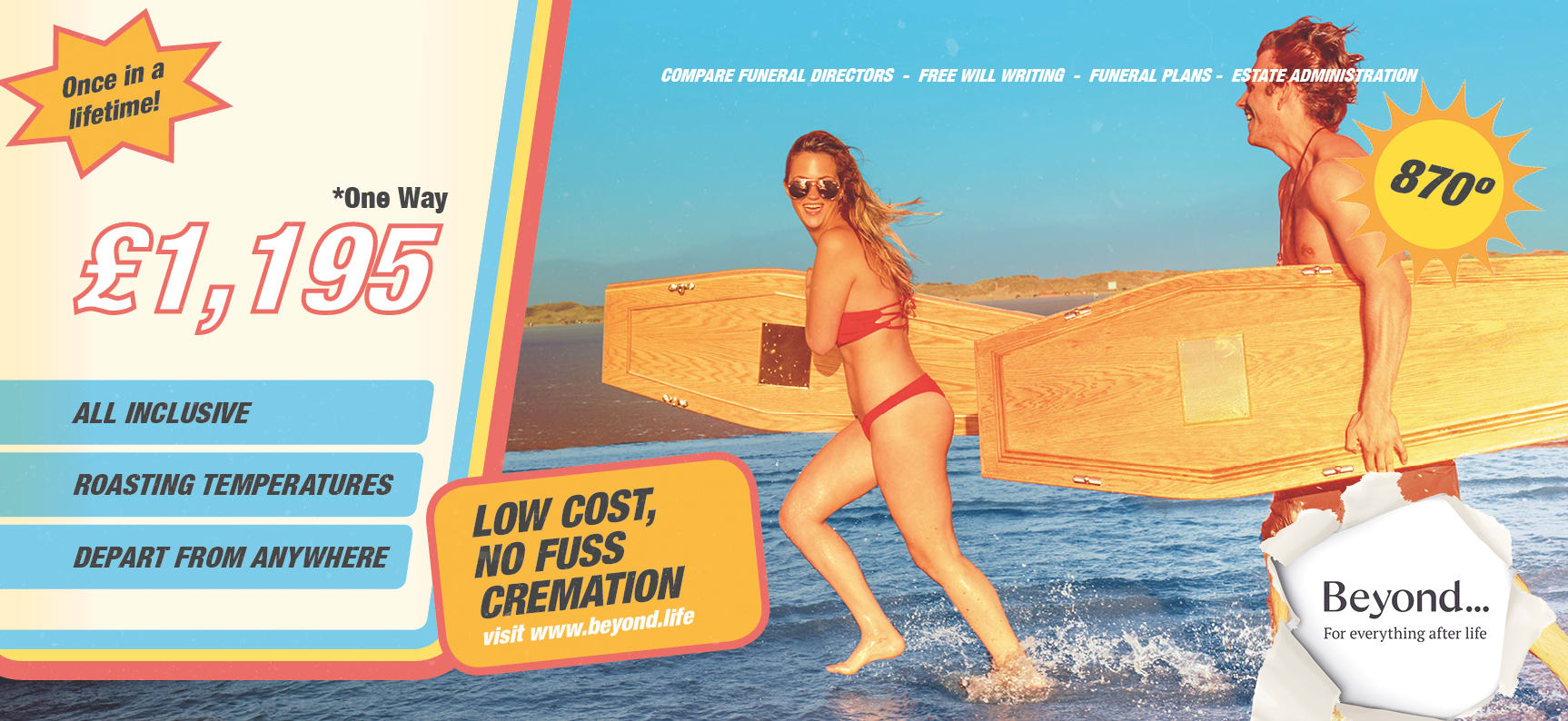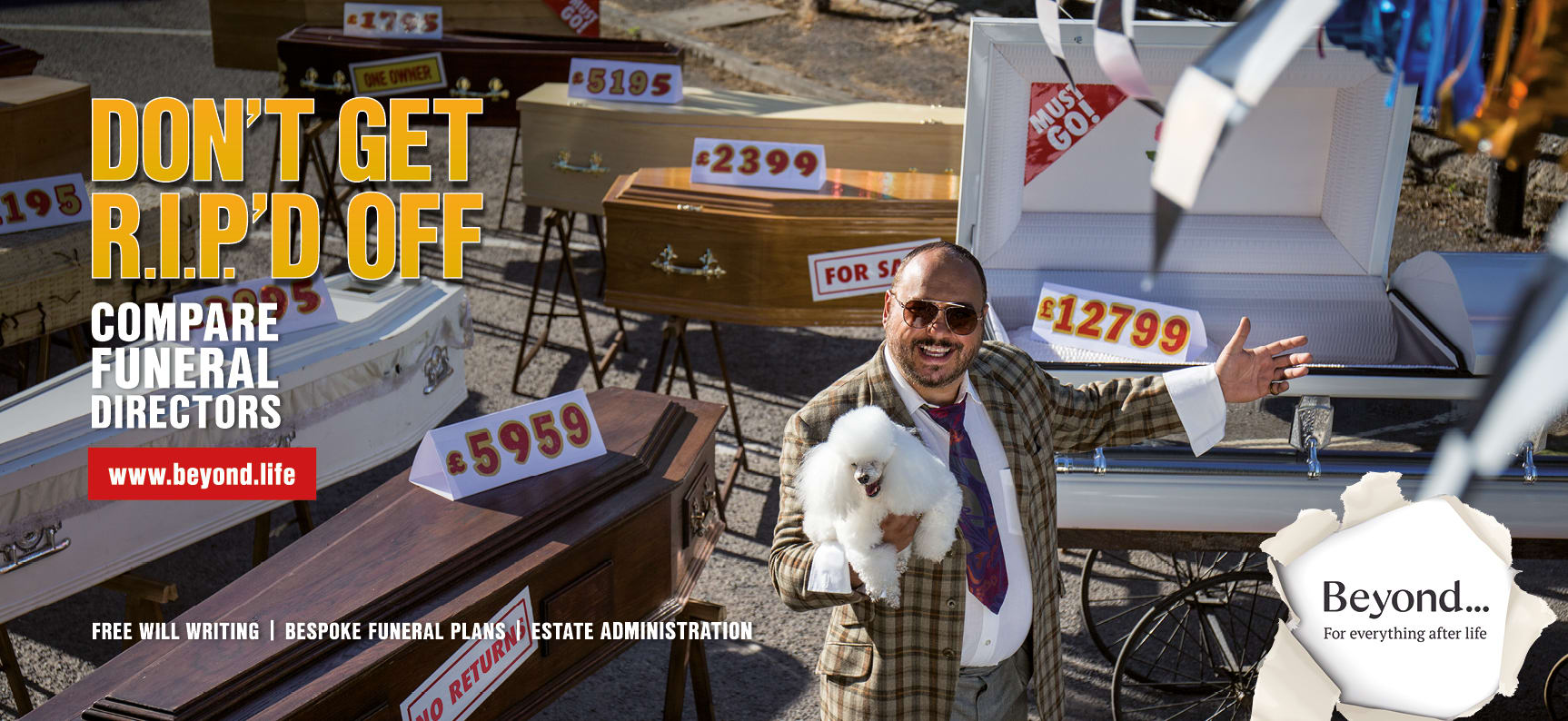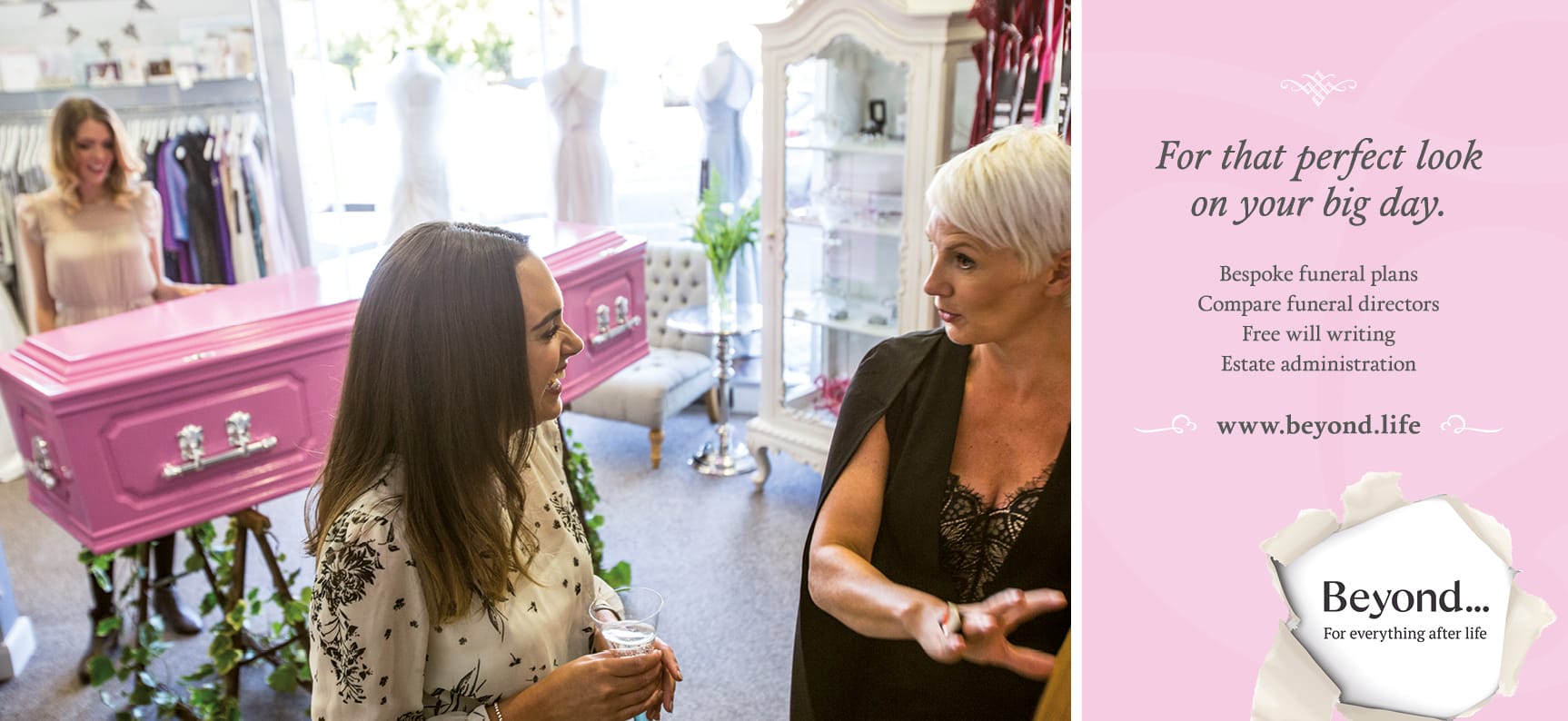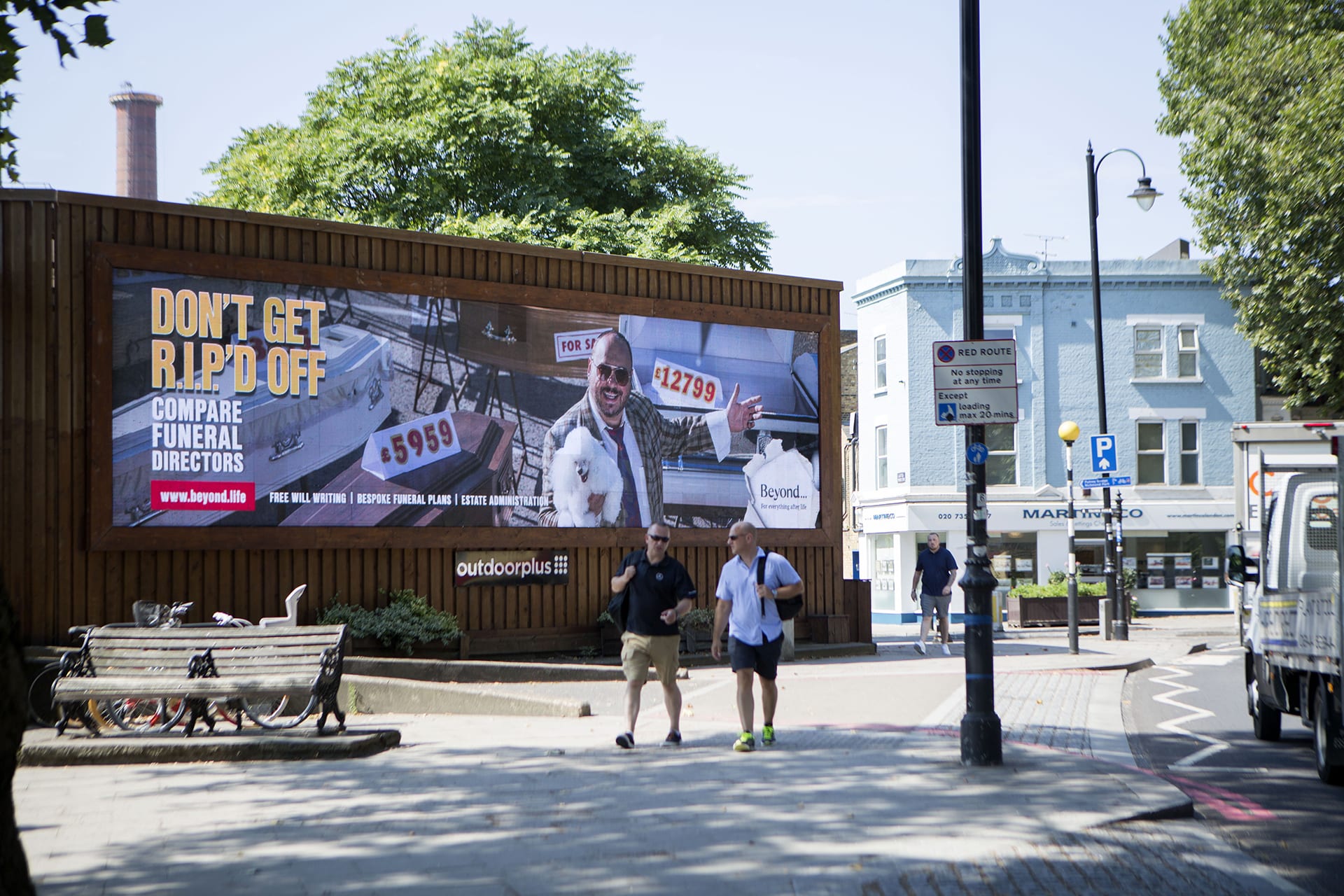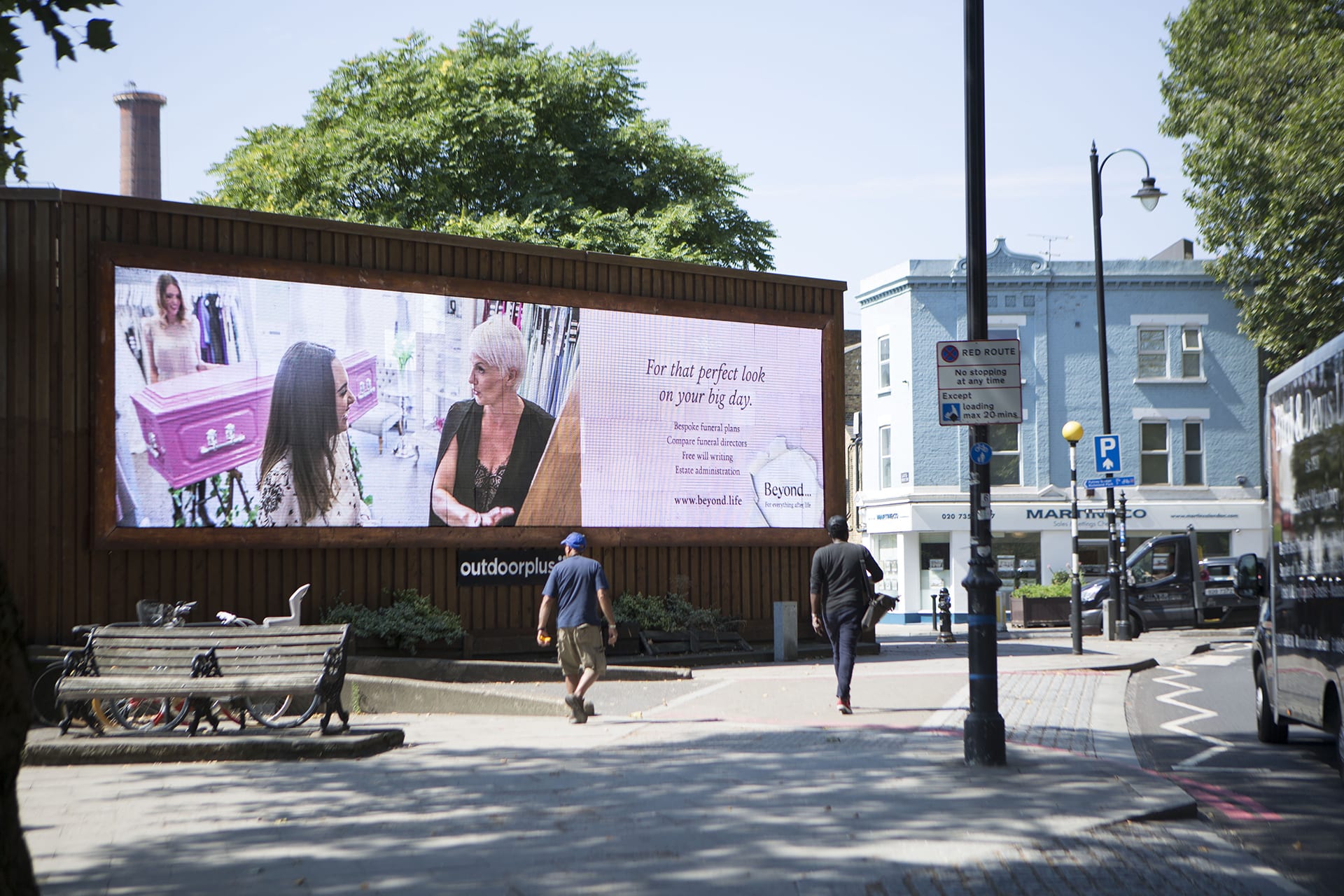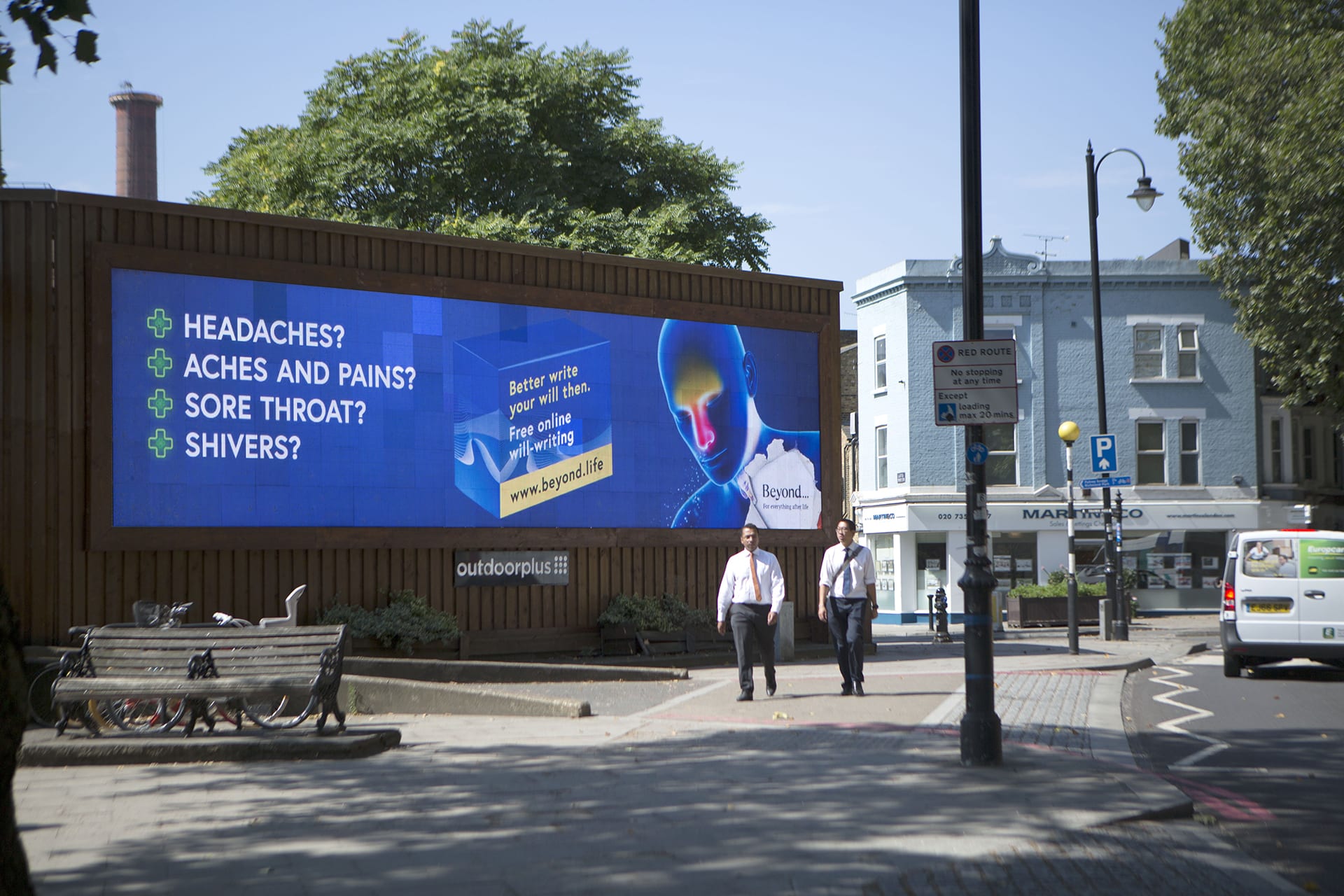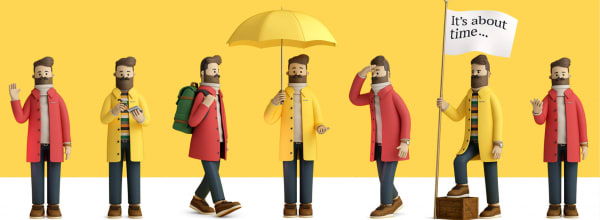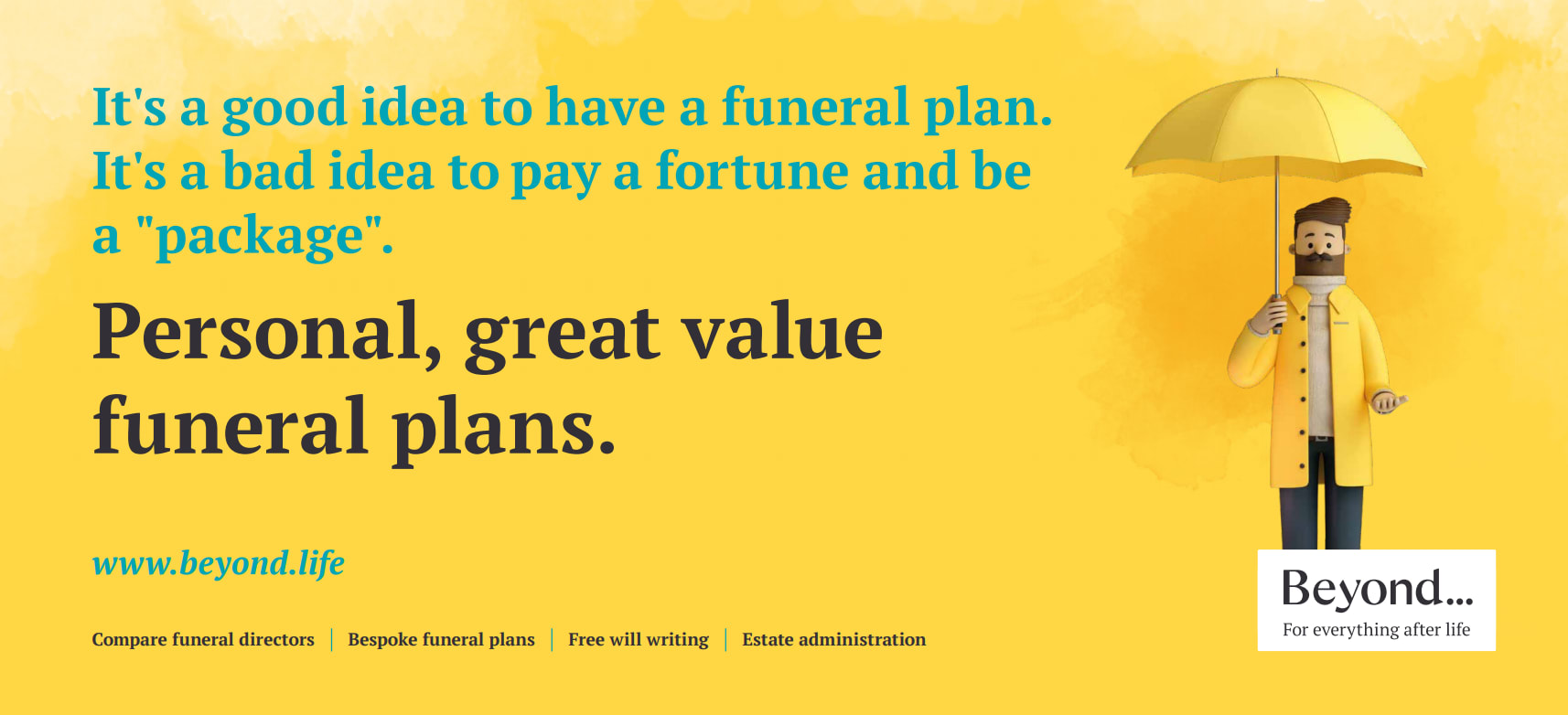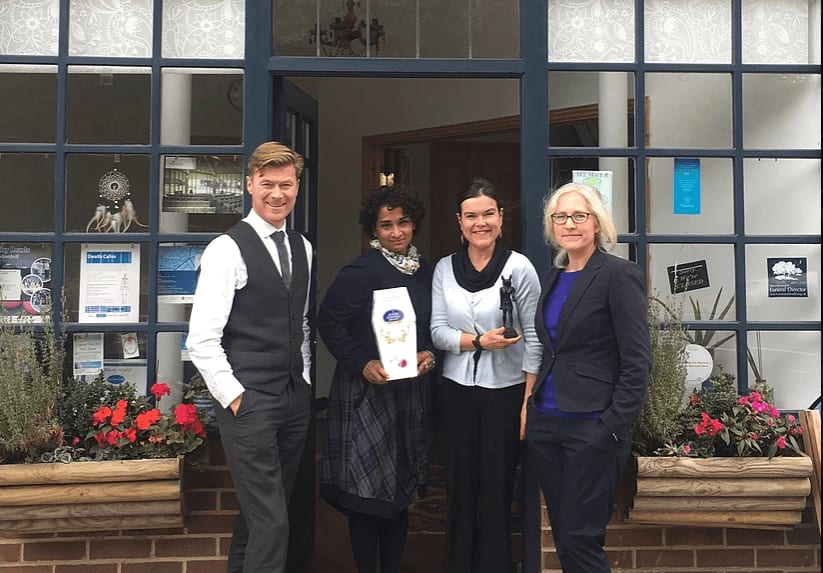
The invention of touch- screen technology has completely transformed the way we access our products and services. With just a swift swipe to the left or right we can change our own destinies, order the latest must-have goodies and have them delivered straight to our door within 24 hours, and complete the mundane task of paying our bills – all without leaving our living rooms or having to speak to a single soul. And this very same instant touch-of-a-button service is now being increasingly demanded of the funeral industry. Because whilst the local high street remains a concrete choice for many people dealing with a bereavement, funeral directors are also now increasingly to be found online and across as wide a spectrum of social media platforms as Taylor Swift herself.
But whilst our click-button culture demands funeral directors be as internet and PR-savvy as the latest pop sensation, the industry remains one of the few frontiers left in our world of online interactions which demands human contact at some point – that point often being the most critical and vulnerable in most people’s lives. And it is no easy task for either party. Type in the words “death of a loved one” into any search engine, and you will inevitably see the words “Post Traumatic Stress Disorder (PTSD)” pop up in almost every listed site. Emotional distress, numbness, anger, a feeling of nothingness, emptiness, of feeling utterly lost and confused about what to do next whilst also having to deal with other people’s distress, all forge the swirling black hole of pain that is encompassed by that single word, ‘grief’. And yet through it all, somehow, the bereaved are expected to wade through different sets of information, fulfil legal obligations and registration processes, make quick decisions, sort out budgets and see that the person they want to honour in death is given the goodbye they would wish for.
The instant information highway reached out for at this point gives bereaved families the power to make those hard decisions in a way generations past could never have imagined. Saving time, money and sore feet, it allows us all to browse the market, assess information in our own time and make as non-emotive a decision as is possible about what we need. Yet as with any endless highway, it also threatens to overwhelm, confuse and overload: a consideration all funeral directors have to take into account when presenting their services to a world of people set to judge their offerings in just a few seconds – whether that be on their website or Facebook, Instagram, or Twitter platforms.
As one of the few female CEOs in a business so intimate and intrusive as that of collecting loved ones from their deathbeds and laying them to rest, toeing the line between delivering a high-end, time-sensitive professional service that people can access both in person and online, whilst ensuring they are able to unburden their grief simultaneously, can at times feel monumental. And no more so when someone you have never met before, appoints you as their funeral director of choice.
Most recently, my company received an email through the national funeral comparison website, Funeralbooker [Ed: This was the launching name for Beyond. We’ve edited the article from here on to reflect the change and avoid confusion]. It was from Paul: a man who was grieving the loss of his mother who had died after being ill and bed-bound for twenty years. A fortnight after the funeral which had taken place as he had wanted with a large church service and reception, I asked Paul during our ‘Aftercare Catch-up’ why he had used the Beyond directory to select us. He said, “My mum died at home and it was a Friday evening. The GP told me to get in touch with a funeral director but I was too upset to wait until the following morning and then go from shop to shop, so I immediately went online and came across [Beyond]. I found myself entering my details and I was given a choice of local funeral directors – you were one.
I went with you for 3 reasons: easy access; transparency, and trust.

In cases of globally placed families where online is the only way to interact, funerals can become a minefield of issues, throwing up unexpected challenges from unseen directions. In one of our most challenging service deliveries, we had the honour of laying to rest the younger brother of Olu. Olu’s brother had died suddenly in East London, but Olu and his family lived in Nigeria. Using email, Facetime and even WhatsApp for music and image selections, we managed and arranged the funeral remotely, meeting the grieving family only on the day before the funeral: a moment neither they, nor I will ever forget.
Every time I am approached by people like Paul and Olu – people who I would never have otherwise met, the information super-highway afforded to us the digital age seems like a gift of endless possibilities. Possibilities wherein the online world can go hand in hand with, and enhance our access to, that human, personal touch we all long for and need – and no more so than we are saying goodbye to those who have crossed that final frontier. My job as a Funeral Director is simply to ensure those that are out there searching for someone to help relieve some of the grief and burden they are carrying, find exactly what they need, in the moment they need it most.
By Hasina Zaman, CEO of Compassionate Funerals
FACEBOOK
Twitter – @compassionate2u

